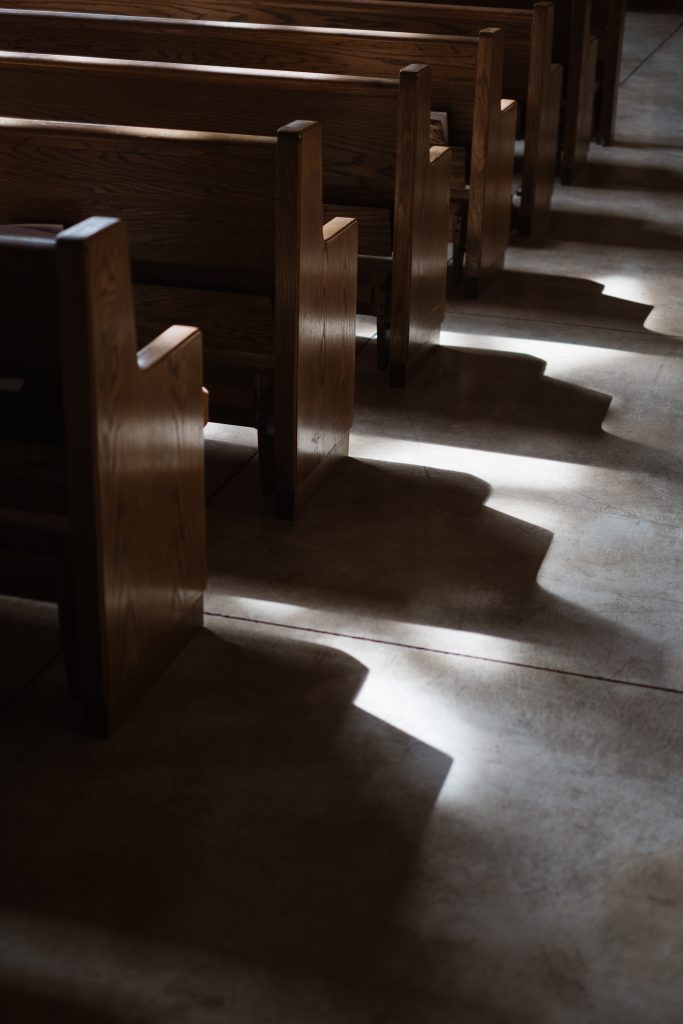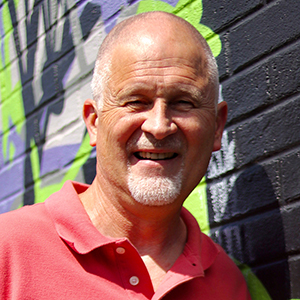by Randy Heacock

Many of our conference churches struggle with declining attendance, which mirrors the national trends: From large to small and among all denominations, churches are shrinking. I heard recently that 85 percent of American churches are either maintaining or declining; 14 percent are growing due to transfers from other churches; and only one percent are growing due to new people choosing to follow Jesus. While we’ve been losing young people for many years, the pandemic has led to all generations walking out the church doors.
As I sit with church leaders lamenting this trend, the obvious burning question is, “Why are people leaving the church?” Sadly, I must admit I have no solid answers. But what I do know is that even I, a pastor of more than 35 years, am tempted to join those walking out the church doors. It is not because of the people, for church people are some of the best people around. Neither is it the theology, worship style, newness of building, or lack of programs. No. For me it is the gap between what we say and what we do that eats away at my soul.
The two aspects of our professed life I find most disjointed are the value of community and meaningful accountability. From what I observe, we are as individual and independent-minded as those who say, “Live free or die.” We are good at asking God to do our bidding, but rarely invite God to direct our path. Even more rare are requests for communal discernment regarding a job change, house purchase, or family/relational challenges.
Regarding accountability, many make vows to give and receive counsel as they join our churches, yet this is distinctly challenging in practice, particularly when long-time members are involved. One member justified another’s poor behavior this way: “That’s just the way they are—we put up with them. Why can’t you?”
At the conference level, we see a similar pattern. Congregations pull away from their Mosaic affiliation, without checking in with other congregations who may hold a different perspective. When I first came to Doylestown Mennonite Church 22 years ago, I quickly discerned the fierce independence of our conference churches. Where I hoped to find cooperative relational patterns, I instead noted competition. I believe this has improved somewhat over the years.
Mosaic also likes its independence. As a response to the most recent resolutions passed by Mennonite Church USA, we named our independence by declaring such resolutions nonbinding. Yet, Mosaic also struggles to practice accountability. While we claim our Grace and Truth statement as foundational, we struggled recently to find a healthy response when it was violated. And a few years ago, when an abuse allegation was reported in one of our institutions, we vowed to create a survivor-friendly process. I wonder how survivors would grade us on our efforts on this matter.

For me these gaps are increasingly painful. Yet, I remain committed to the church. The flickering flame of hope rests in Solomon’s prayer recorded at the temple dedication: “If my people who belong to me will humbly pray, seek my face, and turn from their wicked ways, then I will hear from heaven, forgive their sin, and heal their land” (2 Chronicles 7:14). No matter what our perspectives on the cause or size of “the gap,” it is my hope that we can agree that God always gives healing and transformation when God’s people humble themselves as Solomon described.
May we seek God’s perspective on our independent nature as we consider the gap between what we say and what we do.

Randy Heacock
Randy Heacock serves as a Leadership Minister for Mosaic Conference while continuing in his role as pastor of Doylestown Mennonite Church.
The opinions expressed in articles posted on Mosaic’s website are those of the author and may not reflect the official policy of Mosaic Conference. Mosaic is a large conference, crossing ethnicities, geographies, generations, theologies, and politics. Each person can only speak for themselves; no one can represent “the conference.” May God give us the grace to hear what the Spirit is speaking to us through people with whom we disagree and the humility and courage to love one another even when those disagreements can’t be bridged.
